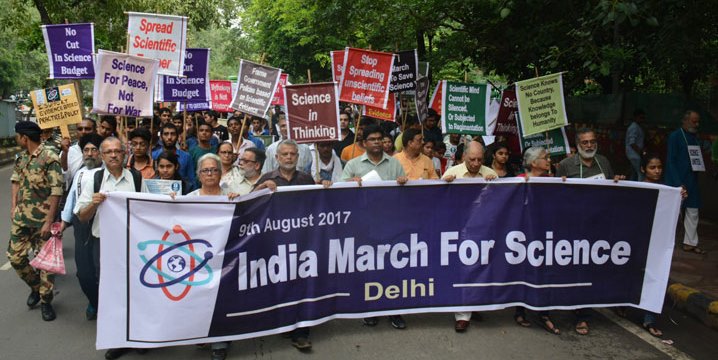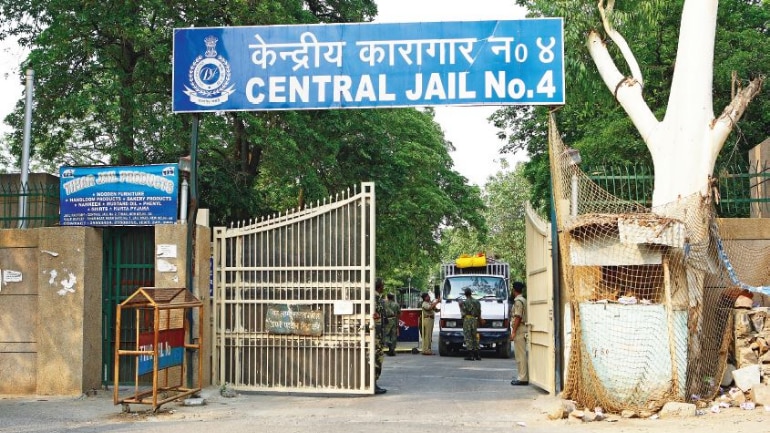NEWS / EDUCATION
Denied permission to participate in Global March for Science, Indian scientists ask for sustained budgets for science education accompanied with renewed collaboration towards ecologically sustainable development projects.
- The New Leam Staff

The Global March for Science was held on Saturday across the world where scientists and other science enthusiasts from all across the world came together to celebrate the achievements of the vocation of science. The celebrations were held across 100 locations across the world and were considered to be of immense importance in asserting the global presence of science as an important area of knowledge. One of the other contributions of the event on Saturday was the fact that it asserted the importance of nation-states working with scientists in order to formulate developmental policies that were not against nature but in tune with ecological sensibilities. Ironically, despite the fact that the Global March for Science is such an important event for the global science community, this year the Indian scientists could not enjoy the privilege of being part of the celebrations. The elections that are going on in the nation in various phases were the prime reason why the scientist community was asked to refrain from taking part in the march.
So instead of taking part in the march, scientists across India held seminars and conferences in solidarity with the march and to convey the significance of a robustly funded and communicable science. They assert that science is the pillar of an empowered and free society. In lieu of the Global March, scientists have planned to organise an Indian March on August 9th. Scientists who participated in the conferences and seminars held throughout the nation asserted that in the recent years the government was increasingly withdrawing itself from encouraging the pursuit of the pure sciences and systematically ignoring the scientific data that had been produced in relation to the status of the planet.
They also asserted that at least 6% of the national GDP should be spent on education and that public funded educational institutions and schools and colleges be no longer neglected. They also raised vital concerns about how the pursuit of relentless profit was fast damaging nature and how nation-states were turning so aloof to the needs of the planet. They also talked about how institutionalised propagation of unverified facts as science was damaging the status of science. Myths and mythology and strange facts about Indian culture are being propagated as being science.
The assertions made by the scientist community about the state’s negligence of institutions for science education, the need for sustained expenditure in the field of science education, the requirement of the state and the scientist community to work towards environmentally conducive development policies made the march as important one. What remains to be seen is whether the nation-state and the science community can work collaboratively towards sustainable projects of development.














